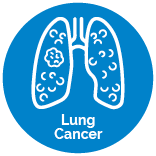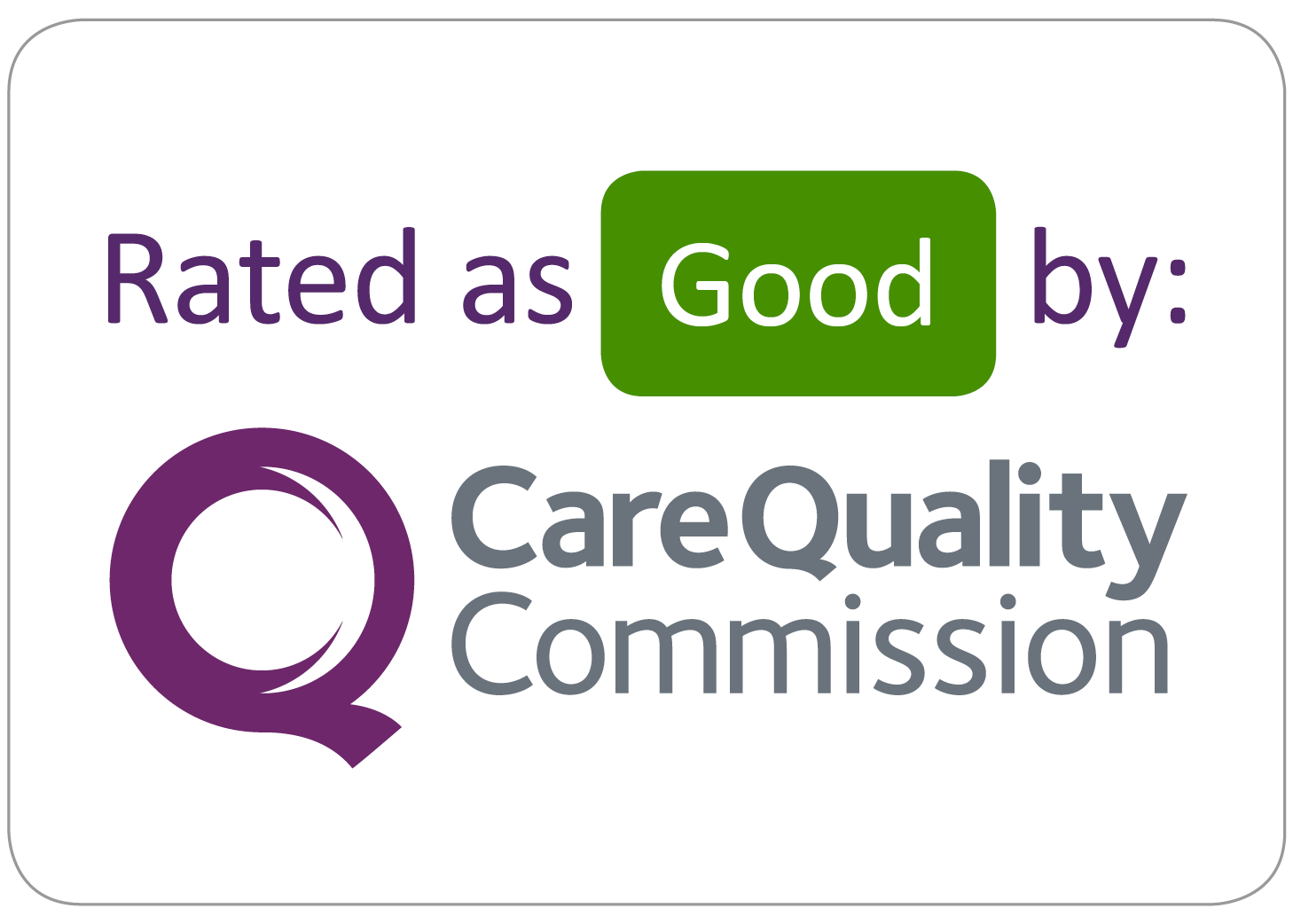Lung Cancer Services

The lungs are the parts of the body that we use to breathe. Lung cancer is the third most common cancer in the UK. About 46,400 people are diagnosed with it each year.
Cancer that begins in the lungs is called primary lung cancer. Cancer that spreads to the lungs from another place in the body is known as secondary lung cancer.
There are two main forms of primary lung cancer. These are classified by the type of cells in which the cancer starts growing. They are:
Non-small cell lung cancer (NSCLC)
Small Cell Lung Cancer (SCLC)
Non-small cell lung cancer (NSCLC) is the most common type of lung cancer. There are three main types:
Adenocarcinoma
Squamous cell carcinoma
Non-small cell lung cancer not otherwise specified (NOS)
Small Cell Lung Cancer (SCLC) gets its name from how the cancer looks under a microscope. It makes up about 1 in 7 lung cancers (about 15%).
Sometimes cancer spreads to the lungs from somewhere else in the body. This is called lung metastases or secondary lung cancer.
We also have information about cancer that affects the lining that covers the lungs (the pleura). This is called pleural mesothelioma.
Some people may get another type of cancer that starts in the lung. For example, a neuroendocrine tumour is a rare cancer type that sometimes starts in the lungs. We have more information about neuroendocrine tumours.
Signs and symptoms
The main symptoms of lung cancer include:
- a cough that doesn’t go away after 2 or 3 weeks
- a long-standing cough that gets worse
- chest infections that keep coming back
- coughing up blood
- an ache or pain when breathing or coughing
- persistent breathlessness
- persistent tiredness or lack of energy
- loss of appetite or unexplained weight loss
For further information visit the NHS website by clicking here
Treatments
There are other treatments for lung cancer but the treatments that most people have are surgery, chemotherapy and radiotherapy.
Surgery is when the lung cancer is cut out of your body. This is also called an operation. Surgery can be done if you only have a small amount of lung cancer.
All these treatments are given in hospital.
Further information on diagnostic and different types of treatments can be found here.
The NHS website has additional information specific to the type of lung cancer treatment, please click here to access this information.
Additional information
Please click any of the links below for further information and support
https://www.cancerresearchuk.org/about-cancer/lung-cancer
https://www.macmillan.org.uk/cancer-information-and-support/lung-cancer

















